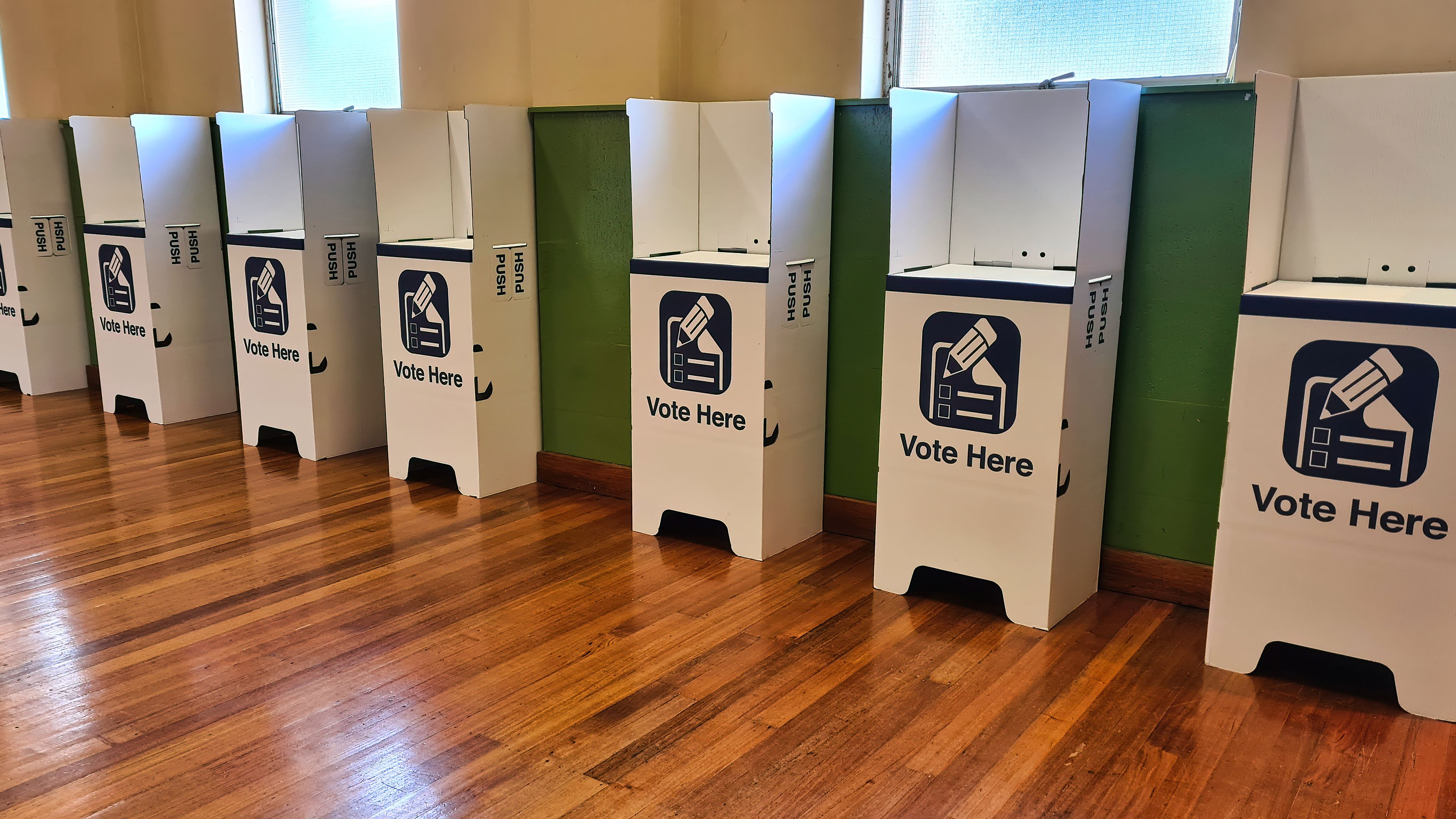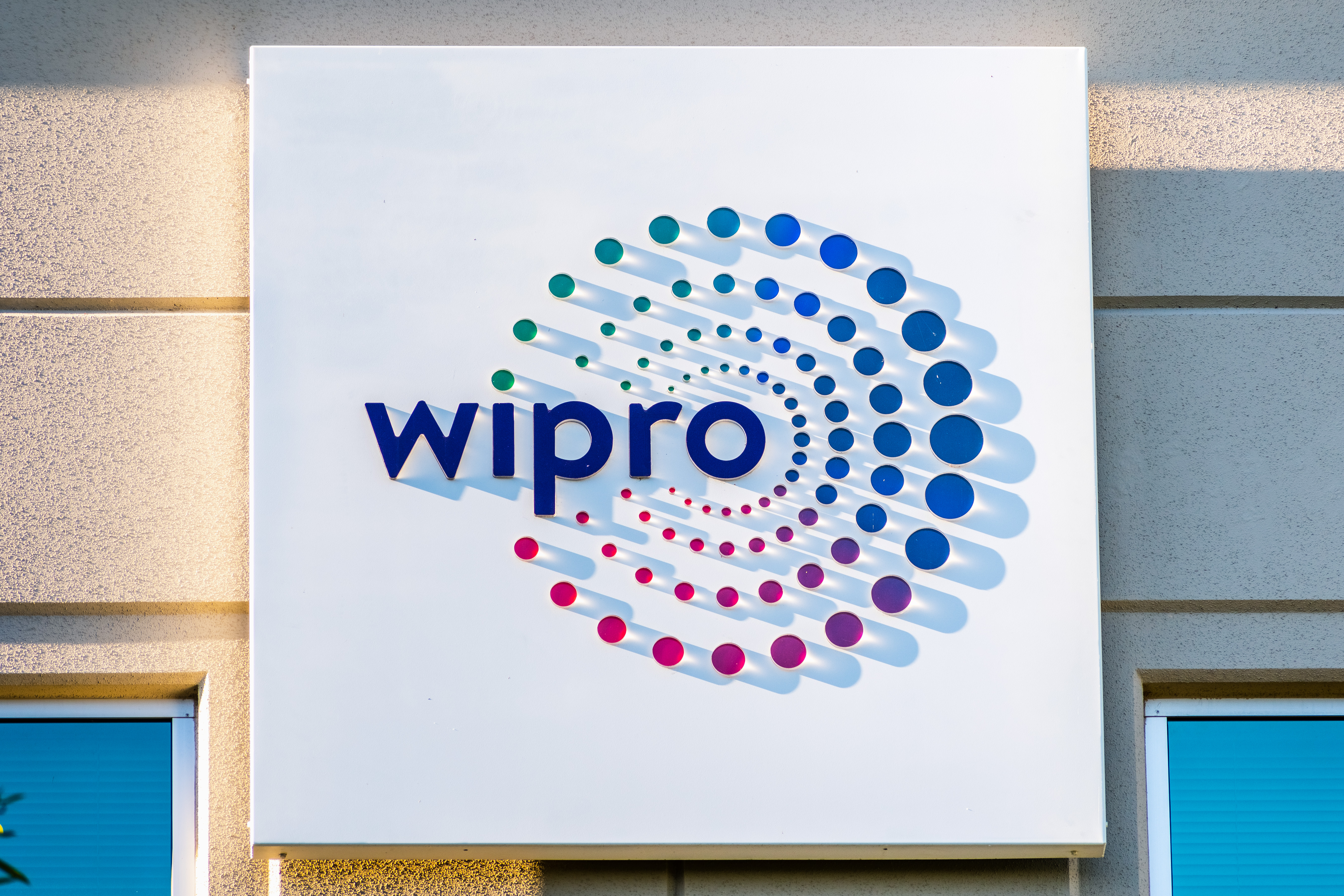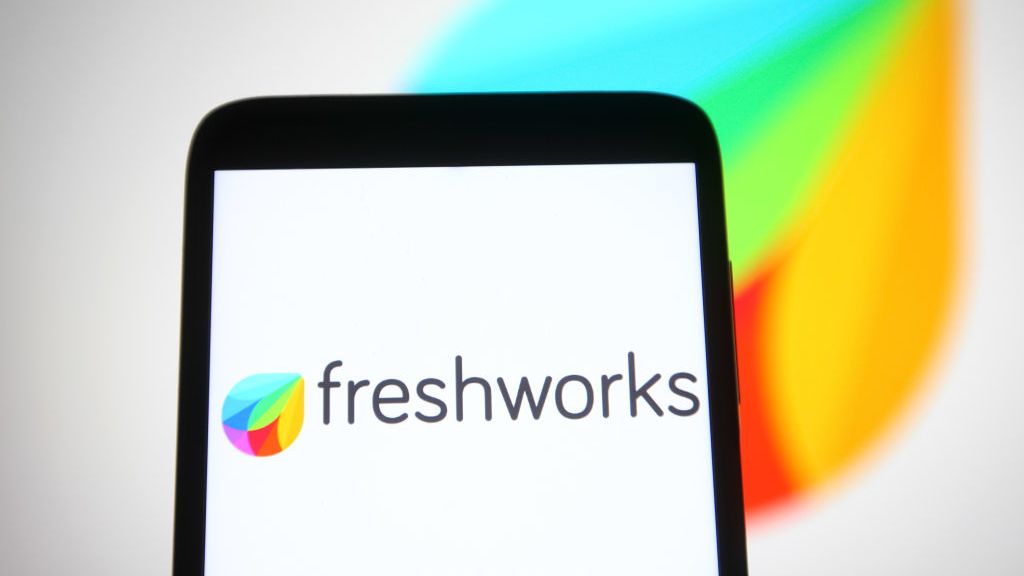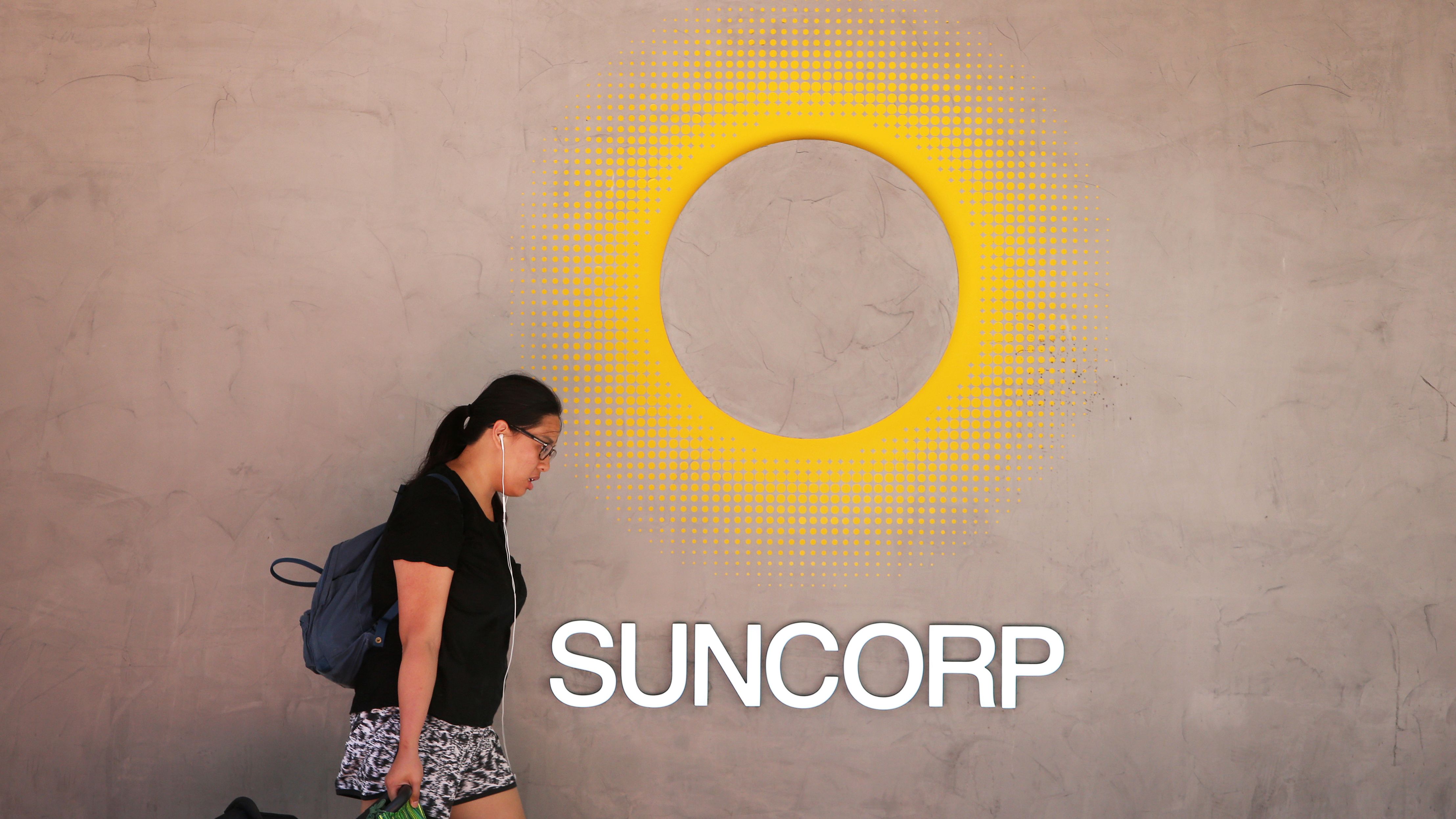Supreme Court rules NSW elections void after IT glitch
A number of voters were unable to access the state's iVote network due to a system overload


A court has ordered three New South Wales council elections to be retaken after the state’s electronic voting system failed last December.
The elections were the first at the council level to use the state’s electronic voting system iVote, after being used for the 2011, 2015, and 2019 state elections.
However, on 4 December, the electoral commission revealed that the iVote system had become overloaded due to a high volume of requests, and that a number of voters were unable to gain access to the system and were not given an approved iVote number.
On Thursday, New South Wales supreme court justice Robert Beech-Jones declared elections in Kempsey, Singleton, and the Shellharbour Ward A local government area void, following an application from the Electoral Commission to have the results thrown out.
The failure of the iVote system meant that each election was not conducted in accordance with general regulation, declared Beech-Jones. He added that although the number of voters disenfranchised by iVote system failures was small, the use of proportional representation in local government elections meant denied votes had a real potential to affect the election of at least once councillor in each of the three elections.
The judge said that the most difficult issue is whether the failure of the iVote system meant that the election of all the councillors in the three elections must be voided or only the election of those councillors whose election was directly affected by the missing votes.
He said that as the system of elections for the three councils is proportional representation, it is necessary to declare all of the councillors’ elections void.
Get the ITPro daily newsletter
Sign up today and you will receive a free copy of our Future Focus 2025 report - the leading guidance on AI, cybersecurity and other IT challenges as per 700+ senior executives
“At the outset it is necessary to emphasise that nothing in these proceedings involves any alleged failing much less misconduct on the part of the councils or any of the candidates, including those who were elected,” said Beech-Jones. “To the contrary, the councils and the candidates, including the elected councillors, are completely innocent of any of the conduct said to have caused the elections to miscarry. They will unfairly bear the consequences of the failure of the iVote system.”
Beech-Jones added that he has already accepted that a failure of the iVote system resulting in a new election is likely to cause a loss of faith in the electoral process.
RELATED RESOURCE

Building data-driven government with the Microsoft Power Platform
How to break down data silos and reap valuable data insights
A review of the incident published in December found that the election results in the three areas had been impacted by the glitch. The court heard a preliminary assessment of the consequences of the failure of the iVote system, which ascertained the potential number of additional voters who registered to use iVote but did not receive an iVote number in time for the election.
The total number of those voters was between 0.11% and 1.69% of the total number of electors who cast a vote in each local government election. This works out to be 134 for Kempsey, 122 for Shellharbour Ward A, and 139 for Singleton.
Fresh elections must be held within three months of the court making its final order, which has been adjourned until 5 April 2022.
“The electoral commissioner regrets the inconvenience caused to these councils and their councillors, but he welcomes the resolution of the matter and will now commence preparations for fresh elections,” the Electoral Commission said in a statement.
The commissioner will also give careful consideration to requests from candidates for the reimbursement of their electoral expenditure in relation to the voided elections.
This comes after the Electoral Commission confirmed yesterday that it will not implement the iVote technology at the 2023 state election. John Schmidt, the electoral commissioner, revealed that the current version of the software will be phased out between 2022 and 2023.
Since there isn’t enough time to configure and test a new version, iVote will not be used at any elections between 1 July 2022 and 25 March 2023.
Zach Marzouk is a former ITPro, CloudPro, and ChannelPro staff writer, covering topics like security, privacy, worker rights, and startups, primarily in the Asia Pacific and the US regions. Zach joined ITPro in 2017 where he was introduced to the world of B2B technology as a junior staff writer, before he returned to Argentina in 2018, working in communications and as a copywriter. In 2021, he made his way back to ITPro as a staff writer during the pandemic, before joining the world of freelance in 2022.
-
 Google faces 'first of its kind' class action for search ads overcharging in UK
Google faces 'first of its kind' class action for search ads overcharging in UKNews Google faces a "first of its kind" £5 billion lawsuit in the UK over accusations it has a monopoly in digital advertising that allows it to overcharge customers.
By Nicole Kobie
-
 Neural interfaces promise to make all tech accessible – it’s not that simple
Neural interfaces promise to make all tech accessible – it’s not that simpleColumn Better consideration of ethics and practical implementation are needed if disabled people are to benefit from neural interfaces
By John Loeppky
-
 Boomi snaps up former MuleSoft executive as APJ channel lead
Boomi snaps up former MuleSoft executive as APJ channel leadNews Global software veteran Jim Fisher will work to expand the company’s channel operations across the region
By Daniel Todd
-
 Why Microsoft Teams has only just launched in China
Why Microsoft Teams has only just launched in ChinaNews The tech giant has officially launched Teams via its local partner in China, after it was launched globally in 2017
By Zach Marzouk
-
 UK startup's Equinix deal marks step towards broad quantum computing access
UK startup's Equinix deal marks step towards broad quantum computing accessNews Businesses around the world will be able to use its quantum computing as a service platform through Equinix
By Zach Marzouk
-
 MI5 to establish new security agency to counter Chinese hacking, espionage
MI5 to establish new security agency to counter Chinese hacking, espionageNews The new organisation has been compared to GCHQ’s NCSC, and will provide companies advice on how to deal with Chinese companies or carry out business in China
By Zach Marzouk
-
 UK set to appoint second-ever tech envoy to Indo-Pacific region
UK set to appoint second-ever tech envoy to Indo-Pacific regionNews The role will focus on India after Joe White was made the first technology envoy, a role focused on the US, in 2020
By Zach Marzouk
-
 Wipro faces criticism after cutting graduate salaries by nearly 50%
Wipro faces criticism after cutting graduate salaries by nearly 50%News Graduates were given days to decide whether they would accept greatly reduced pay offers, prompting union action
By Rory Bathgate
-
 Freshworks appoints Sandie Overtveld as new SVP of APJ and MEA
Freshworks appoints Sandie Overtveld as new SVP of APJ and MEANews The digital transformation veteran brings years of regional expertise to lead Freshworks’ growth strategy
By Daniel Todd
-
 Suncorp signs three-year Azure deal to complete multi-cloud migration by 2024
Suncorp signs three-year Azure deal to complete multi-cloud migration by 2024News The financial services firm seeks to wind down its on-prem data centres and wants 90% of its workloads in the cloud by the end of the year
By Zach Marzouk